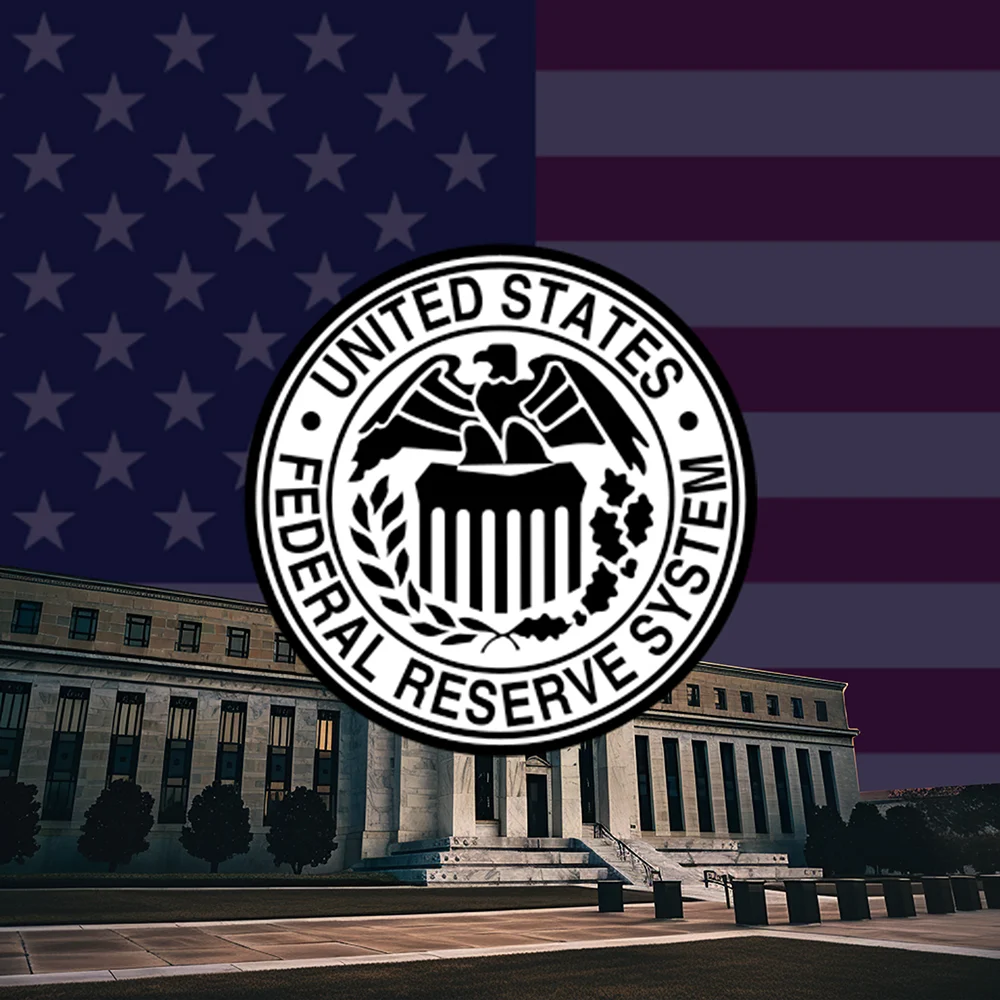Is the Bank of England Prepared to Raise Interest Rates to 4.5%?
Synopsis
This blog explores the Bank of England's decision to raise interest rates as UK inflation only marginally dips to 10.1%. It analyses the factors influencing the decision, the impact on the UK economy and the global market, and the implications for inflation and trade. Readers can expect a comprehensive overview of this crucial economic development.

Key Takeaways
- UK inflation is at 10.1% and higher than the Bank of England's 2% target.
- The Bank of England is expected to raise interest rates by 0.25% to 4.5% to combat inflation.
- A higher inflation rate can make UK goods and services less competitive and lead to higher interest rates.
- The decision could impact the UK economy, global markets, trade, and financial markets.
UK Inflation Remains at 10.1% Bank of England to Raise Interest Rates
The next Bank of England meeting to discuss the base rate is on the 11th of May. Given the current situation, it is predicted that the Bank of England will raise interest rates by 0.25 percentage points to 4.5%, as UK inflation has only slightly decreased to 10.1%. This news has garnered significant attention from the public, as it is bound to impact the UK economy and the global market. The Bank of England's decision to raise interest rates is crucial, as it supports the government's economic objectives and aims to maintain price stability. It is imperative to note that inflation in the UK is currently higher than the Bank of England's 2% target, and the Bank aims to use interest rate hikes to bring it back down.

How to Measure Inflation in the UK
Inflation in the UK is measured by the Consumer Price Index (CPI), which signifies the rate at which prices of goods and services in the UK are increasing. The Bank of England is apprehensive about the stickiness of UK inflation, as it has persisted at higher levels than expected. After a surprising increase in February, CPI inflation resumed its downward path in March, falling to 10.1% from 10.4%. However, there was a further acceleration in food price inflation, which reached its highest level in over 45 years.
The Bank of England's decision to raise interest rates is based on a range of factors. These factors include the stickiness of UK inflation, the latest labor market data, the economic performance of the UK, and a comparison with other Western countries.
Price Changes Which Kept UK Inflation at 10.1% In March 2023
According to The Guardian, the United Kingdom experienced certain price fluctuations in March 2023 that contributed to an inflation rate of 10.1%. The likelihood of the Bank of England raising interest rates has surged significantly in recent days. Presently, there is a 97% chance of a quarter-point increase, and money markets indicate that rates could reach 5% by the autumn. Meanwhile, traders only expect one more quarter-point increase by the US Federal Reserve.
.jpg)
Factors Influencing the Bank of England’s Decision
Whilst the latest labor market data shows healthy jobs growth and a surprise pickup in private sector wage rises, it could affect inflation, as higher wages can lead to higher prices. The stronger-than-expected performance of the UK economy will also be a factor in the Bank of England's decision to raise interest rates, as higher growth can lead to higher inflation.
It is worth comparing inflation rates in the UK with those of other Western countries. Inflation in the UK is currently higher than in the US, Germany, France, and Italy. This has implications for the UK economy and the global market, as a higher inflation rate can make UK goods and services less competitive. It can also lead to higher interest rates, which can attract foreign investment but can also lead to a stronger currency and reduced exports.

What Impact Would the Bank of England Increased Rate Have on the Global Market?
The Bank of England's decision to raise interest rates would have an impact on the global market, as the UK is the world's fifth-largest economy and a significant financial center. A rise in interest rates could lead to a stronger pound, which could reduce the attractiveness of UK exports and affect the country's trade balance. It could also affect global financial markets, as investors adjust their positions in response to the change in interest rates.
In conclusion, the Bank of England's potential decision to raise interest rates carries significant importance for both the UK economy and the global market. It supports the government's economic objectives and aims to maintain price stability. However, the decision is a balancing act between short-term and long-term economic objectives and the needs of the UK economy and the global market.
Related Articles
This guide and its content is copyright of Chard (1964) Ltd - © Chard (1964) Ltd 2024. All rights reserved. Any redistribution or reproduction of part or all of the contents in any form is prohibited.
We are not financial advisers and we would always recommend that you consult with one prior to making any investment decision.
You can read more about copyright or our advice disclaimer on these links.





















